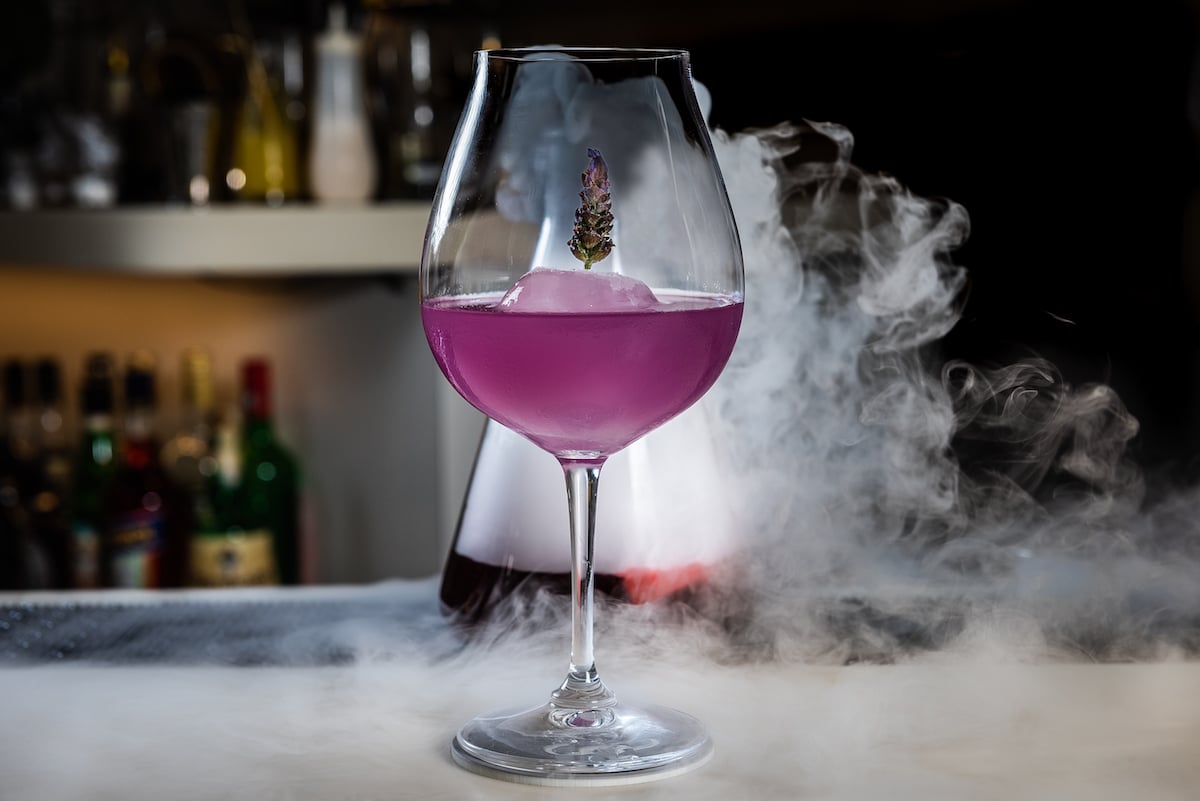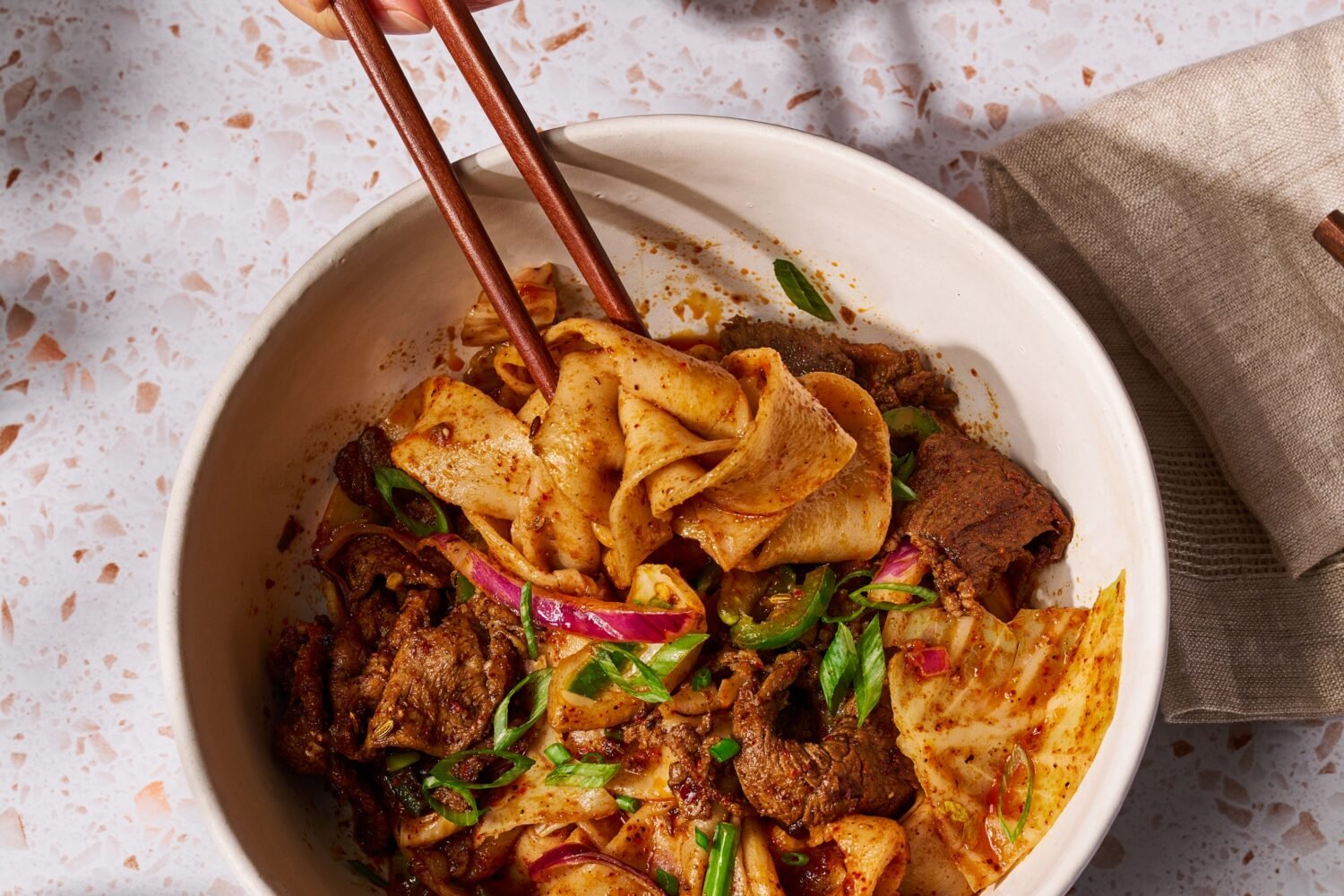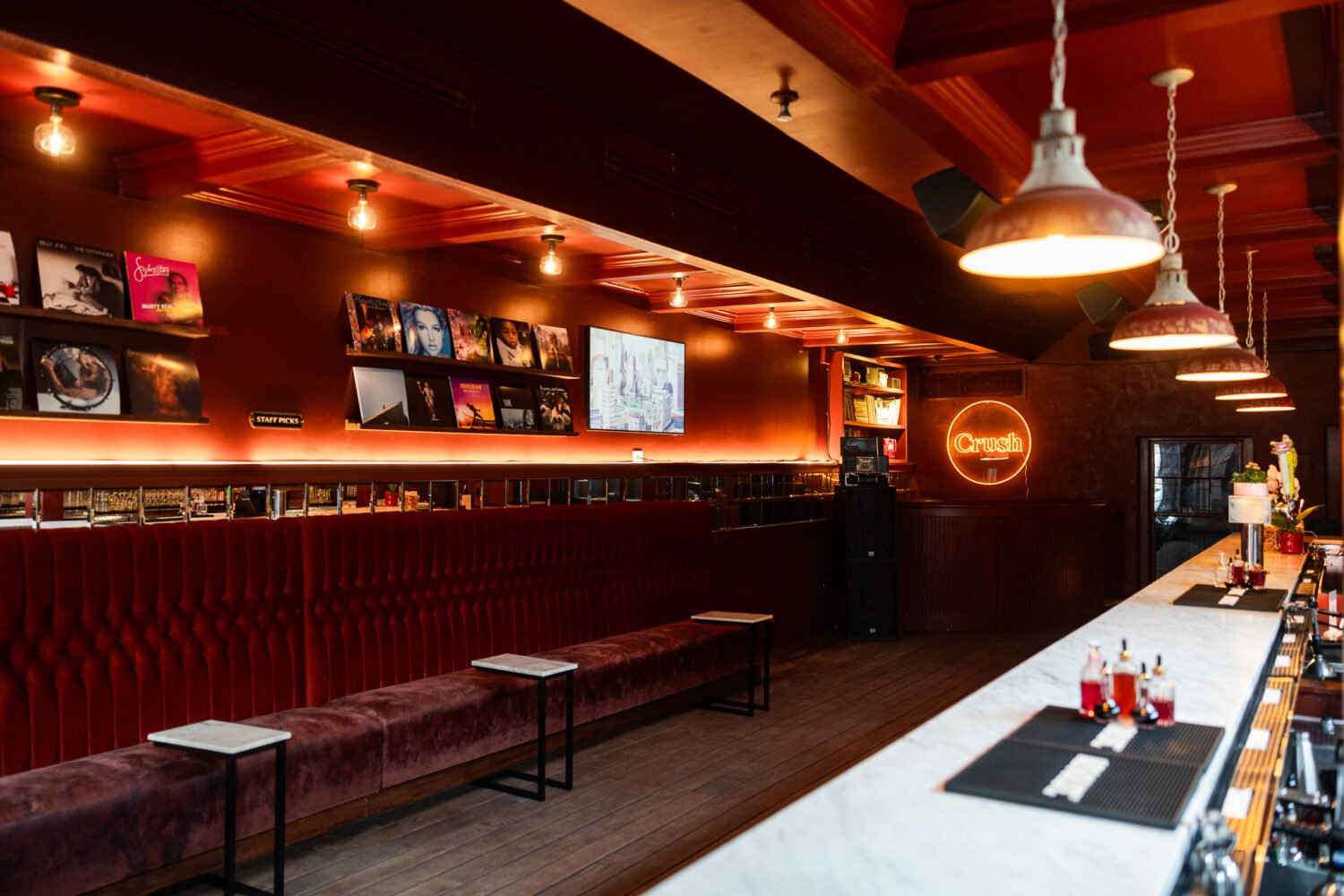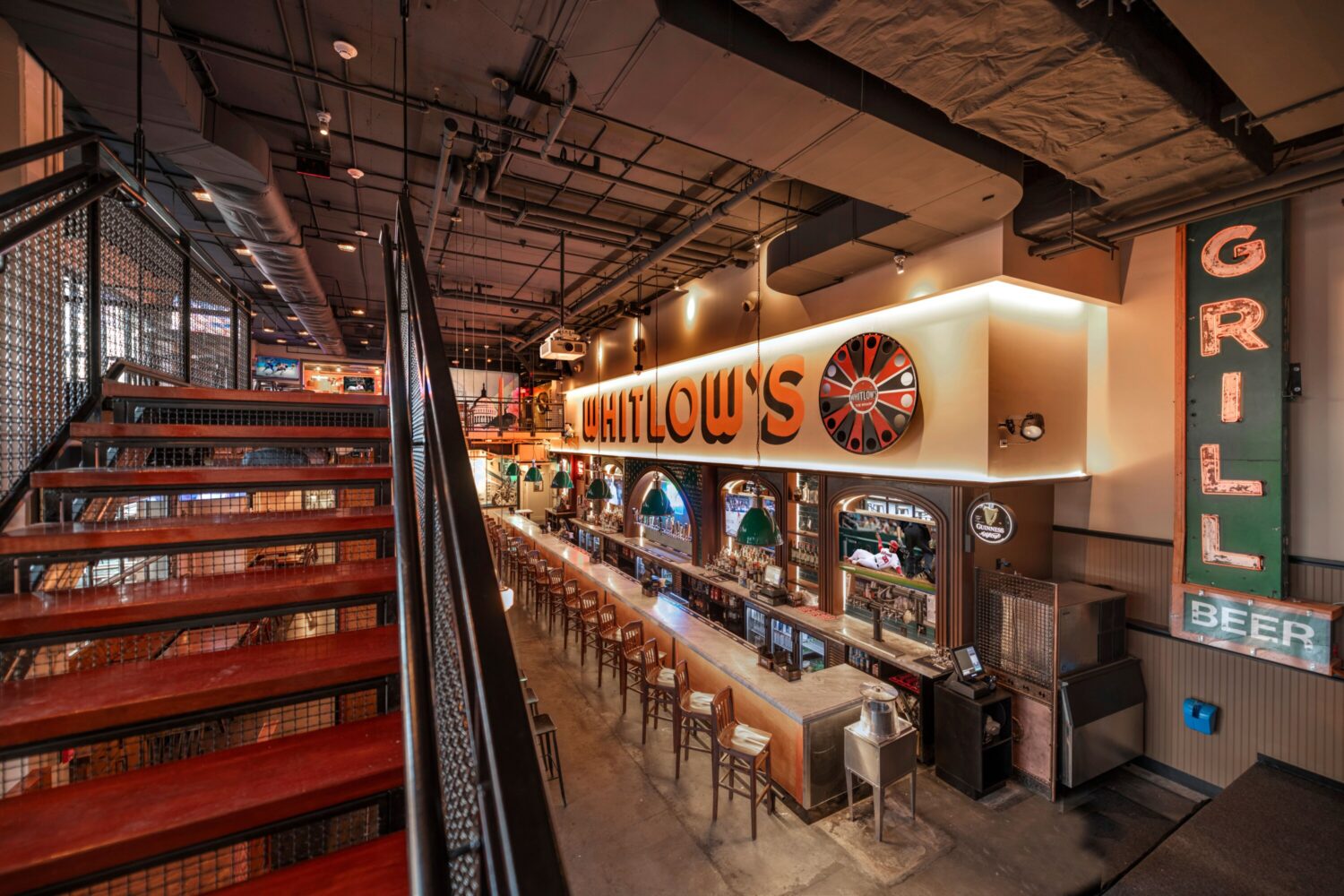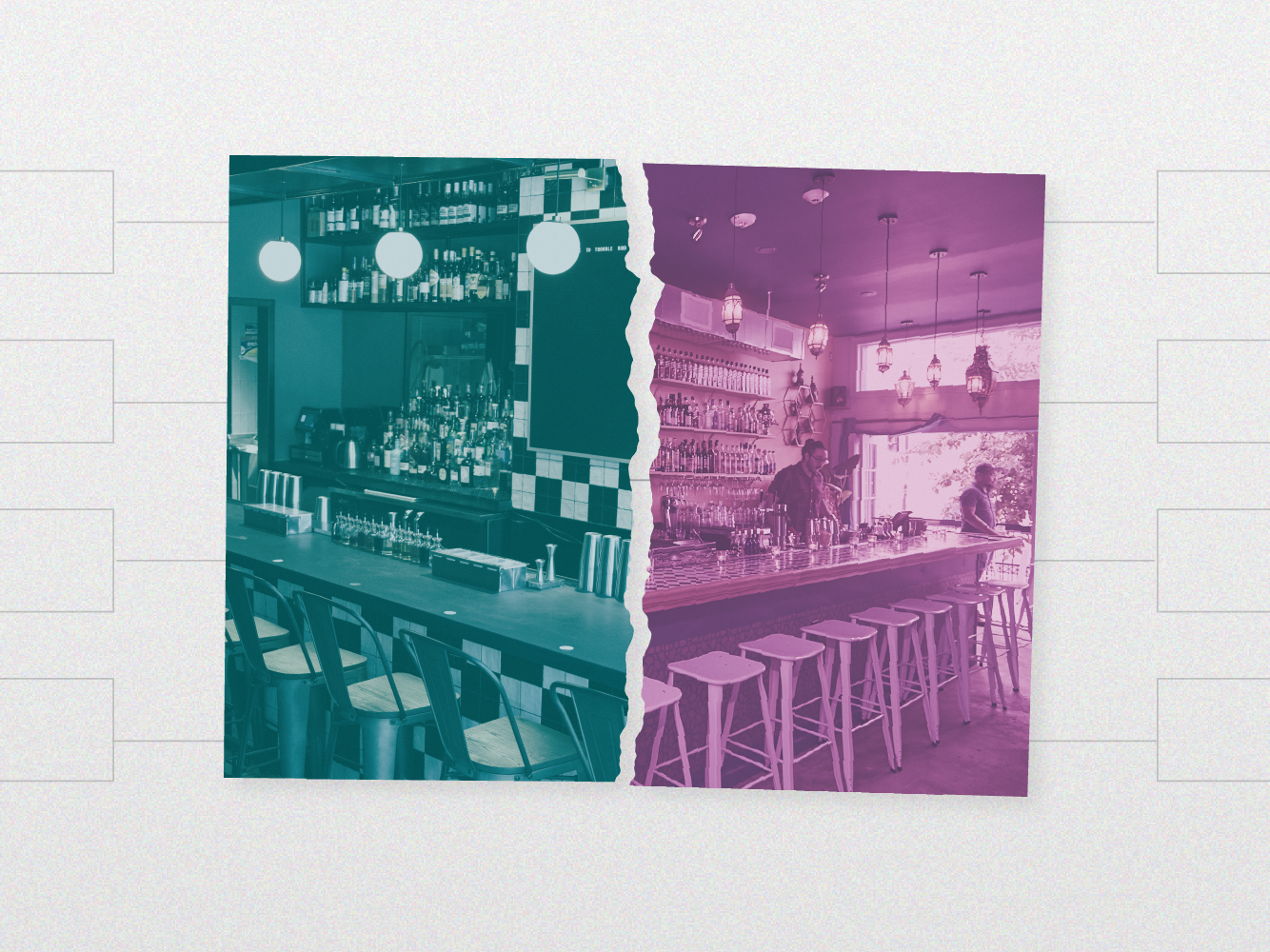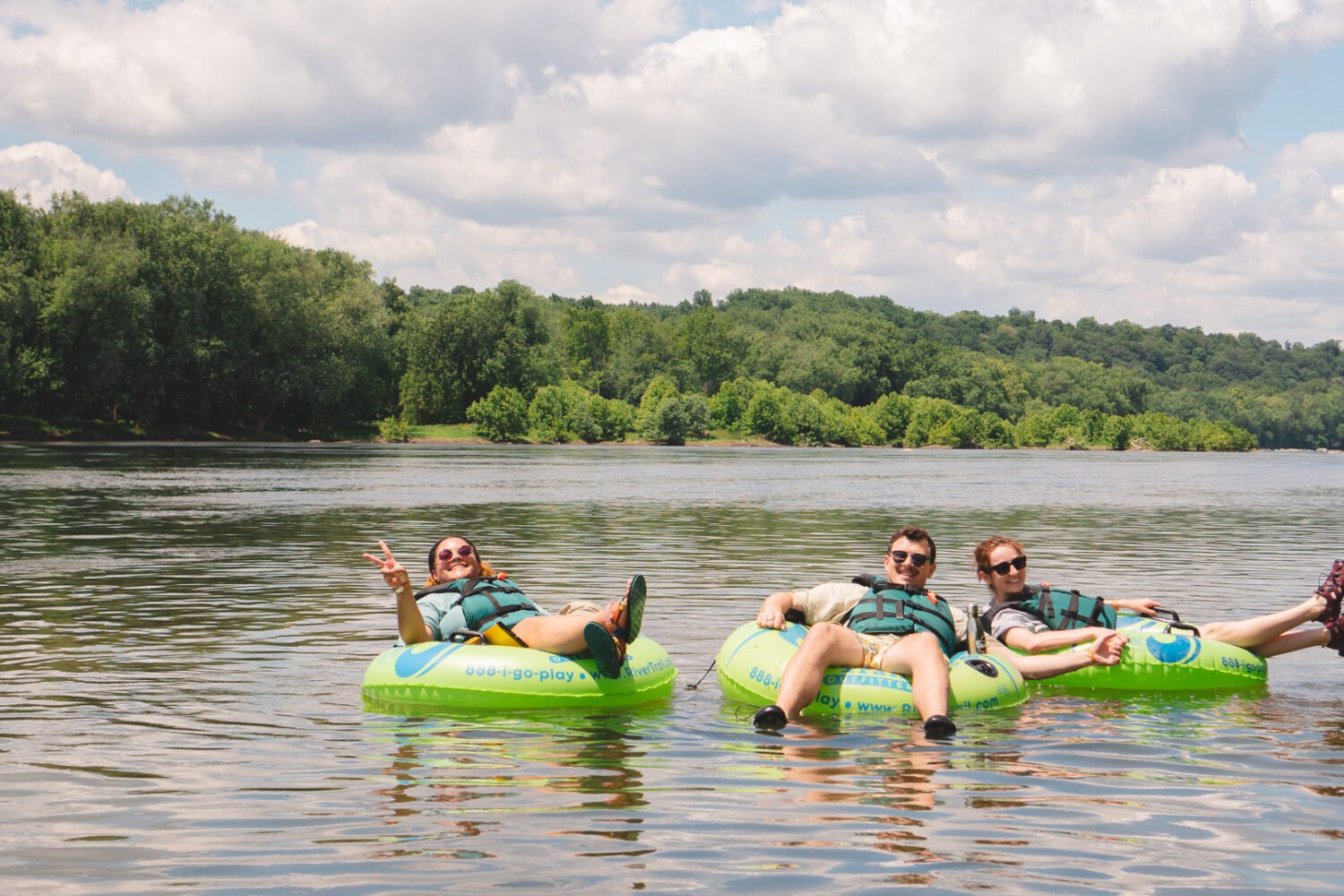Earlier this week, for the first time ever, José Andrés’ cocktail haunt Barmini went totally dry. Its staff nixed alcohol in favor of a “Virtue Day” menu filled with whimsical concoctions made with zero-proof Seedlip spirits or the bar’s own non-alcoholic distillation. Prices—and theatrics like drinks poured from smoking beakers—were on par with the regular offerings. The event’s $15 tickets, which nearly sold out, covered the cost of one drink, unless you decided to splurge on an $18 concoction.
“A month ago I was part of a panel of people in the industry and we were talking about different trends in the cocktail and spirits world,” says Barmini “cocktail innovator” Miguel Lancha. “Across the globe there’s a generational change towards wellness and healthy lifestyles. The common trend everywhere: people are drinking less in quantity, better in quality.”
Or, not at all. The one-off mocktail has evolved to full non-alcoholic menus and evenings that cater to a spectrum of patrons. The sober ones, yes, but also a growing cadre of “sober curious” drinkers who are opting out of alcohol—whether for physical or mental health reasons, or because they just don’t feel like boozing. It’s all part of a nationwide trend that’s gained traction in places like Los Angeles and New York City—now home to two “sober bars”—and is finally taking flight (sans flight) here.
“I think the long and short of it is that this is a movement, it’s here to stay” says Drink Company President Derek Brown, whose team offers ambitious zero-proof menus at the Columbia Room and Reverie. At each, every traditional cocktail on the menu can be made non-alcoholic—even a typically boozy old fashioned or fancy Long Island ice tea. “It’s analogous to how vegetarianism became a bigger part of the culinary world. In restaurants it used to be the ‘the vegetable plate,’ which was basically sides and was horrible but okay at the time. And then you had chefs who said, ‘Hey, how can we make more thoughtful vegetable dishes?’ We’re post-vegetable plate of non-alcoholic cocktails—we’re experimenting to see what sticks.”
Brown, who counts himself as someone who drinks minimally and frequently abstains, is among several industry leaders who’ll appear on an August 26th panel at Shaw bar El Techo about Sobriety and Recovery in Restaurants. Others include Duck Duck Goose chef Asish Alfred, whose harrowing recovery story was recently profiled in The Washington Post; Nikki Blank, owner of non-alcoholic beverage line Sunōmi Switchel (which will be poured at the event); and Laura Silverman, founder of the Sobriety Collective (a lifestyle blog) and organizer of alcohol-free event series SansBarDC. Julia Bainbridge, a James Beard Award-nominated writer who covers the no-and-low alcohol trend extensively for Bon Appetit, The Wall Street Journal, and elsewhere—and who is in the process of writing a non-alcoholic cocktail book—is moderating. The discussion will center around how to make restaurants and bars more accommodating to patrons and employees who are choosing to forgo alcohol for whatever reason.
“I first started noticing that bartenders were pushing against the boundaries that had previously limited ‘mocktails’ to syrup-laden juices or glorified Shirley Temples in 2016. Since then, more and more bar and restaurant owners seem to be taking the category more seriously,” Bainbridge says. “I think it’s the confluence of two cultural shifts: an increased focus on wellness and a decreased taboo around substance abuse issues.”
SansBarDC, the local arm of a popular Austin-based sober bar pop-up, is also making a return this fall on October 19. This May, the event featured creative zero-proof drinks, a DJ, and marketplace for DC-made products. It was such a hit that Silverman and SansBar founder Chris Marshall are moving to a bigger venue at American University. Silverman is also planning a September 12 workshop centered around shrubs and zero-proof beverages.
“I look forward to the time when the booze-free scene becomes as normal as the booze scene,” Silverman says. “It’s nice to experience it from a different lens. I just celebrated 12 years of sobriety and for awhile there hasn’t been a ton in the area. I like being social, I like going out.”
It all begs the question: Could Washington sustain a full-time sober bar like Brooklyn’s Getaway?
“I think we should have one,” Brown says. “I would like to go to one from time to time. But I don’t know. It comes down to the consumer demand. There’s a lot of noise about it—it’s a new thing and it’s exciting. Does the noise equal everyone is ready to do it?”

